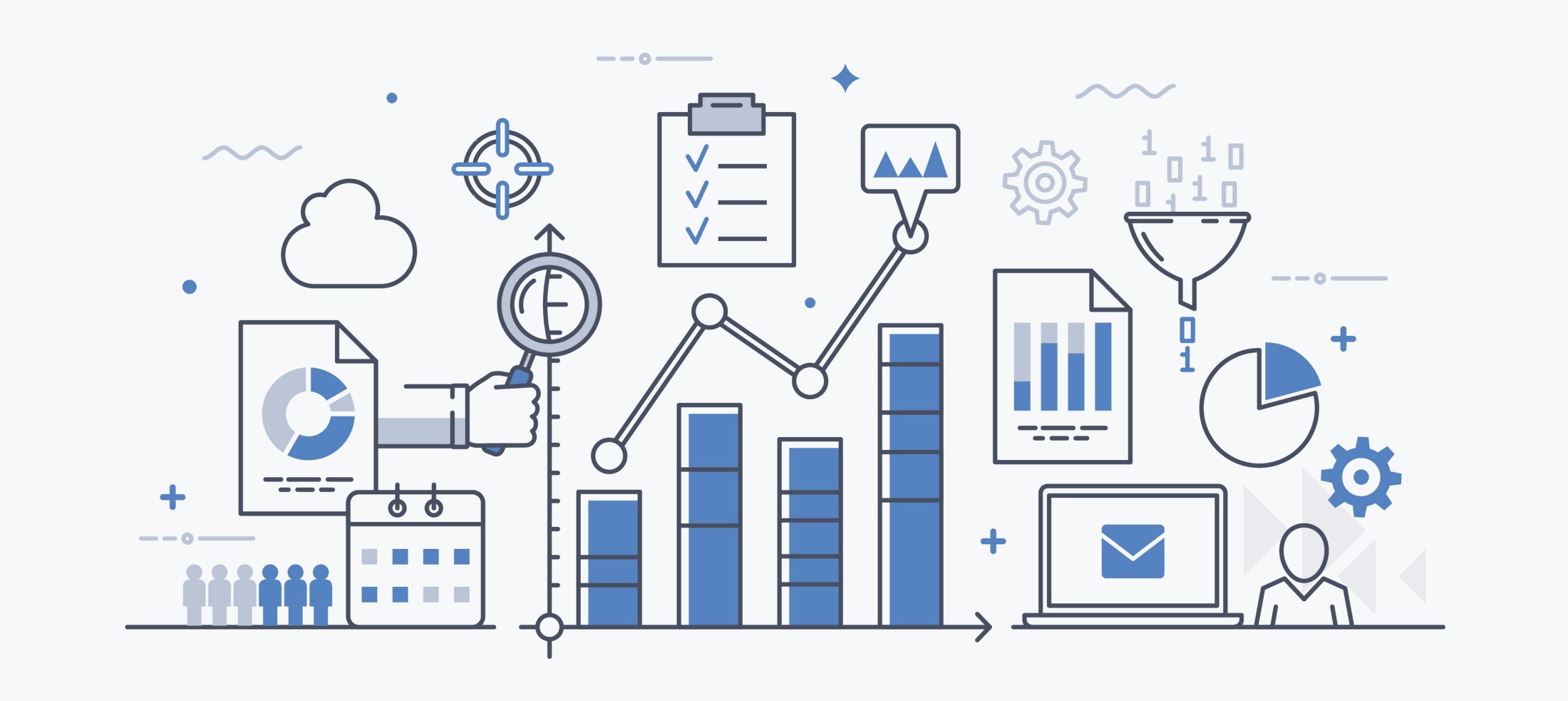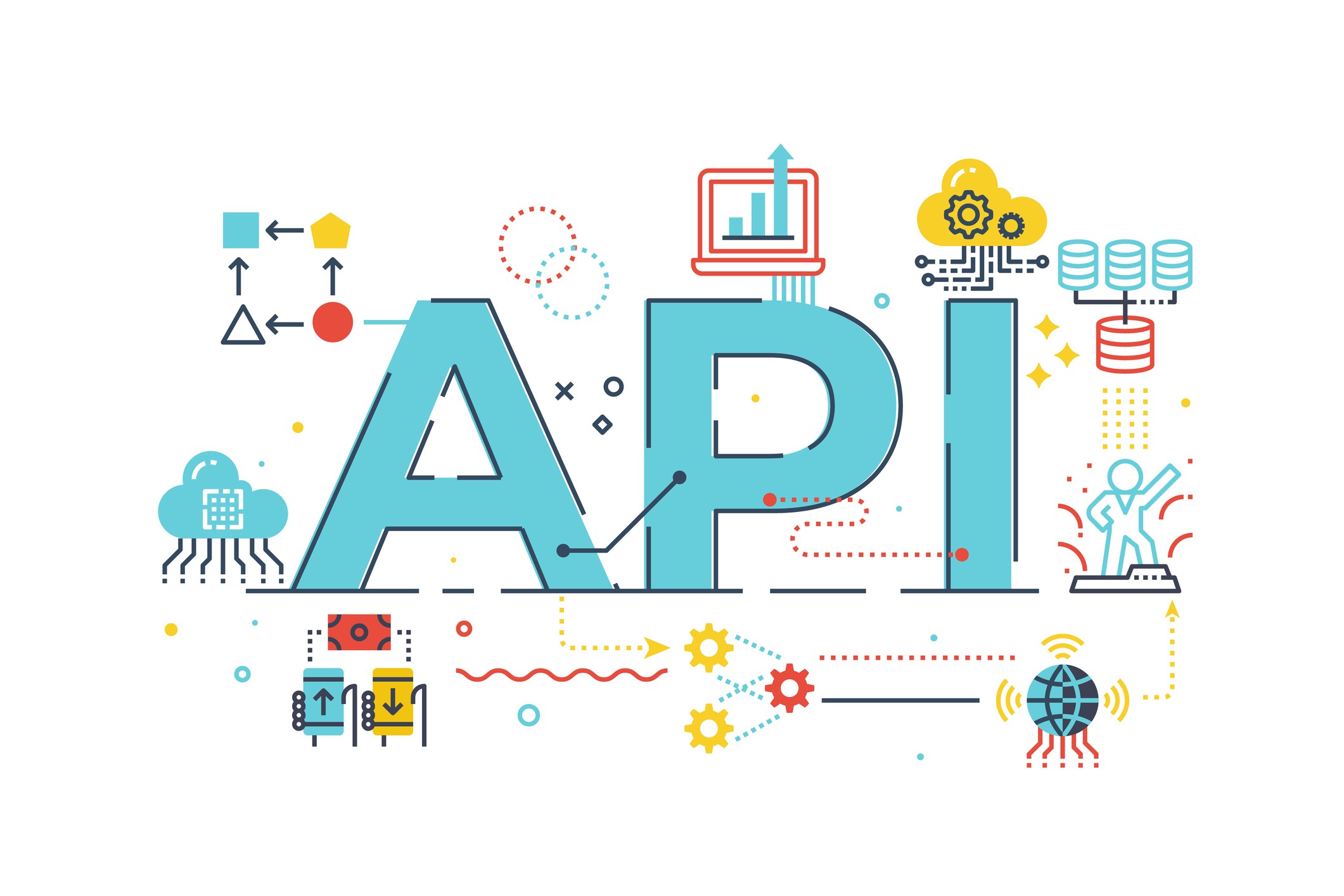Digital files are now a routine part of healthcare operations. From intake forms and referrals to reports and shared documents, healthcare organizations regularly handle information that requires care and discretion. Much of this data exists outside of clinical systems, moving through everyday tools and workflows that support communication and coordination.
Importantly, healthcare data isn't just stored in one place. It's accessed by different team members, shared between departments or partners, and transferred across systems as part of normal operations. Each of these touchpoints introduces responsibility, and how files are handled throughout their lifecycle matters just as much as where they are stored.
When information is managed thoughtfully and securely, it helps protect individuals, reduces the risk of accidental exposure, and supports smoother collaboration within healthcare teams. When it isn't, even small oversights can create unnecessary risk and friction.
What Counts as Sensitive Healthcare Data?
When people think about sensitive healthcare data, they often picture clinical records or electronic health systems. In reality, many files handled outside those systems still contain information that deserves the same level of care.
Sensitive healthcare data can include any file that identifies a person in a health-related context. This may involve patient intake forms, consent documents, referrals, prescriptions, lab reports, or insurance paperwork. Even simple documents such as appointment requests, uploaded PDFs, or email attachments can carry personal details that link an individual to a healthcare service or condition.
It's also important to recognize that sensitivity isn't limited to patient-facing documents. Internal files, such as notes shared between staff, reports referencing patient cases, or administrative records tied to care delivery, can also contain identifiable or confidential information.
In many cases, the risk lies not in a single data point, but in how information is combined. A name paired with a service request, a file name that hints at treatment, or an attachment shared without context can all reveal more than intended.
How Healthcare Data Is Commonly Stored and Shared
In many healthcare organizations, sensitive files move through a mix of tools that were adopted for convenience rather than security. These methods often evolve organically as teams grow, workloads increase, or remote collaboration becomes more common.
Email is one of the most frequent channels for sharing healthcare-related files. Attachments are quick to send and easy to access, but they can be difficult to control once delivered. Files may be forwarded, downloaded, or stored locally without visibility into where they end up or who continues to have access.
Shared drives and cloud folders are also widely used. While they can centralize documents, they often rely on broad access permissions that make it hard to limit exposure. Over time, folders accumulate files that are no longer needed, while access rights remain unchanged as staff roles shift.
Websites and online forms introduce another layer. Uploaded documents, contact form attachments, and patient-submitted files may pass through multiple systems before reaching their destination. Without clear handling rules, these files can linger in inboxes, temporary storage locations, or third-party platforms longer than intended.
Staff-to-staff sharing is another common scenario. Files are exchanged internally to coordinate care, verify information, or complete administrative tasks. When secure processes aren't defined, teams often default to the fastest available option, even if it wasn't designed for sensitive data.
None of these practices are unusual, and most are adopted with good intentions. The challenge is that general-purpose tools don't always provide the controls, visibility, or accountability needed for healthcare data. Understanding how files currently move through an organization is an important step toward identifying where secure handling can be improved without disrupting day-to-day work.
Where Risks Commonly Surface
Most data-handling risks in healthcare don't come from a single failure or careless action. They tend to emerge gradually, as files move through everyday workflows that weren't designed with sensitive information in mind.
One common risk appears during file sharing. When documents are sent through unsecured channels or shared without clear access controls, it becomes difficult to know who can view, download, or forward them. Even well-meaning actions, such as resending a file to speed things up, can expand exposure in ways that aren't immediately visible.
Access permissions are another frequent challenge. Shared folders and internal systems often grant broad access to ensure efficiency, but over time this can lead to more people having access than necessary. As roles change or staff come and go, permissions may not be revisited, creating unintended access points.
File retention can also introduce risk. Sensitive documents may be stored longer than needed simply because there is no clear process for review or removal. Older files left in inboxes, shared drives, or temporary storage locations can become overlooked liabilities.
Third-party tools add another layer of complexity. Platforms used for scheduling, communication, or file transfer may handle data differently than expected, especially if default settings are left unchanged. Without visibility into how these tools store or transmit files, organizations may lose track of where sensitive information resides.
Finally, risk often increases when secure processes feel cumbersome. If secure options slow teams down or don't fit existing workflows, people naturally look for faster alternatives. Over time, these workarounds can become normalized, even though they weren't designed for healthcare data.
Recognizing where risk tends to appear makes it easier to address issues proactively. In most cases, improving file security is less about correcting mistakes and more about aligning tools and processes with how teams actually work.
Why Secure File Storage Alone Isn't Enough
Storing files in a secure location is an important first step, but it's only part of the picture. In healthcare environments, data risk often arises not from where files live, but from how they move and who can access them along the way.
A file may be stored securely on a server or cloud platform, yet become vulnerable the moment it's shared, downloaded, or transferred. Sending a secure file as an email attachment, copying it to a shared folder, or downloading it to a local device can all bypass the protections that storage alone provides. Once that happens, visibility and control are often lost.
Secure storage systems still require thoughtful permission management. When access is too broad, it becomes difficult to ensure that only the right people can view or handle sensitive files. Without clear rules and oversight, files can be accessed out of convenience rather than necessity.
Tracking and accountability also matter. Knowing who accessed a file, when it was shared, and whether it was downloaded or modified helps organizations understand how data is being used. Storage solutions that lack visibility into these actions make it harder to identify gaps or respond quickly if something goes wrong.
In healthcare settings, data handling is an ongoing process. Files are created, shared, reviewed, and eventually archived or removed. Secure file management looks at the entire lifecycle of a file, not just where it's stored, but how it's accessed and transferred at every stage.
The Human Side of Secure File Management
Secure file management isn't only a technical challenge, it's a human one. The way people work day to day has a direct impact on how securely data is handled, especially in busy healthcare environments where time and clarity matter.
When systems are difficult to use or don't align with real workflows, people naturally look for shortcuts. These workarounds are rarely intentional risks; they're usually attempts to keep work moving. A secure process that feels confusing, slow, or overly restrictive can unintentionally encourage unsafe alternatives, even among well-trained staff.
Clear, intuitive tools help reduce this friction. When accessing, sharing, or uploading files feels straightforward, teams are more likely to follow secure practices consistently. This includes making it easy to understand who should have access, how files should be shared, and where sensitive documents belong.
Training and shared understanding also play an important role. When staff know why certain steps exist, not just what to do, they're better equipped to make good decisions when situations change. Secure file management works best when it's supported by clear guidelines that feel reasonable and relevant to everyday tasks.
Secure systems should support accountability without creating fear. Visibility into access and activity helps organizations improve processes and address gaps, but it should be used to strengthen workflows rather than assign blame. When people feel supported instead of scrutinized, secure practices are more likely to stick.
Core Principles of Secure Healthcare File Management
While tools and regulations may vary, secure file management in healthcare is guided by a small set of consistent principles. Focusing on these fundamentals helps organizations build processes that are both effective and adaptable, regardless of size or location.
Access Based on Need
Sensitive files should only be accessible to people who need them to perform their role. Limiting access reduces exposure and makes it easier to understand how information flows through the organization. Clear access boundaries also help prevent accidental sharing or misuse.
Secure Transfer at Every Stage
Files should be protected not just where they are stored, but whenever they are shared or transferred. Secure handling during transmission helps ensure that sensitive information isn't exposed as it moves between systems, teams, or external partners.
Visibility and Accountability
Knowing who accessed a file, when it was shared, and how it was used provides valuable insight into data handling practices. Visibility supports accountability and makes it easier to identify gaps, improve processes, and respond appropriately if issues arise.
Consistent Handling Across Workflows
Secure practices work best when they are applied consistently. Files should follow the same rules whether they are uploaded through a website, shared internally, or sent externally. Consistency reduces confusion and helps teams build reliable habits around data handling.
Purposeful Retention
Sensitive files should not be kept indefinitely by default. Clear guidelines around how long data is needed, and when it should be archived or removed, help reduce long-term risk and keep systems manageable.
Practical Alignment With Daily Work
Security measures should support how teams actually operate. Processes that are realistic and easy to follow are more likely to be used consistently, making secure file management a natural part of daily workflows rather than an obstacle.
Choosing Tools Designed for Healthcare Data
Not all file-sharing or storage tools are created with healthcare data in mind. Many general-purpose platforms are designed for convenience and broad use cases, which can make them easy to adopt but less suitable for handling sensitive information consistently and responsibly.
Tools designed for healthcare data typically place greater emphasis on controlled access, secure transfer, and visibility into how files are used. Rather than relying on open sharing or broad permissions, they support more intentional workflows, helping ensure that only the right people can access specific files, and only for as long as needed.
Another important consideration is how well a tool supports the full lifecycle of a file. This includes secure upload, access management, sharing, tracking, and eventual removal or archiving. Platforms that treat file management as a process rather than a single action make it easier to maintain consistency across teams and use cases.
Ease of use also matters. A secure tool that fits naturally into existing workflows is far more effective than one that requires constant workarounds. When secure sharing and access controls are intuitive, teams are less likely to fall back on risky alternatives simply to save time.
Healthcare-aware integrations like LockerRX are designed to integrate directly with existing websites, portals, and internal systems. By introducing a controlled, secure layer for file handling and data transfer, these solutions help enforce access policies, encryption, and auditability without requiring teams to migrate to an entirely new platform.
Ultimately, the goal isn't to adopt the most complex system available, but to choose tools that align with the sensitivity of the data being handled and the realities of how teams work. Fit-for-purpose solutions make it easier to protect information consistently, without adding unnecessary friction.
Building a Secure Process Without Overcomplicating It
One of the biggest barriers to secure file management is the assumption that it has to be complex or disruptive. In practice, effective security often comes from simplifying workflows rather than adding layers of rules or tools.
A good starting point is understanding how files currently move through your organization. Mapping where files are created, shared, stored, and accessed, even at a high level, can quickly highlight areas where sensitive information is handled inconsistently or without clear ownership. This doesn't require a formal audit; it's about gaining visibility into everyday habits.
From there, small, intentional changes can make a meaningful difference. Replacing unsecured file sharing with a secure alternative, narrowing access permissions, or standardizing how files are transferred externally can significantly reduce risk without changing how teams work at a fundamental level.
It's also important to prioritize clarity over control. Teams are more likely to follow secure processes when expectations are simple and consistent. Clear guidance on where files should live, how they should be shared, and who is responsible for managing access helps remove guesswork and reduces accidental exposure.
Incremental improvements tend to be more sustainable than sweeping changes. Introducing secure practices gradually allows teams to adapt without disruption and builds confidence that security supports their work rather than slowing it down.
Secure file management doesn't need to be perfect to be effective. When processes are practical, well understood, and aligned with real workflows, they're far more likely to be followed consistently, protecting sensitive data while keeping healthcare operations running smoothly.
Security as Part of Patient Trust
In healthcare, trust is built through many small interactions, not just clinical outcomes. How information is handled behind the scenes plays a quiet but important role in shaping that trust. Patients may never see the systems used to store or share their data, but they expect those systems to reflect the same care and responsibility they experience elsewhere.
When sensitive files are managed thoughtfully, it reinforces confidence. Patients and partners feel reassured knowing their information is treated with respect, accessed only when necessary, and protected throughout its lifecycle. This sense of safety supports stronger relationships and encourages open communication, which is essential in healthcare settings.
Conversely, uncertainty around data handling can create hesitation, even if no incident occurs. When processes feel unclear or inconsistent, it can undermine confidence and place unnecessary strain on staff who are trying to do the right thing without clear guidance or tools.
By treating security as part of the overall care experience, healthcare organizations can strengthen trust while creating systems that support both patients and teams in meaningful, sustainable ways.
If you're unsure whether your current file handling process is adequately supporting sensitive healthcare data, we can connect and talk through your workflows, tools, and goals to help you determine whether small adjustments or more structured solutions might be beneficial.




